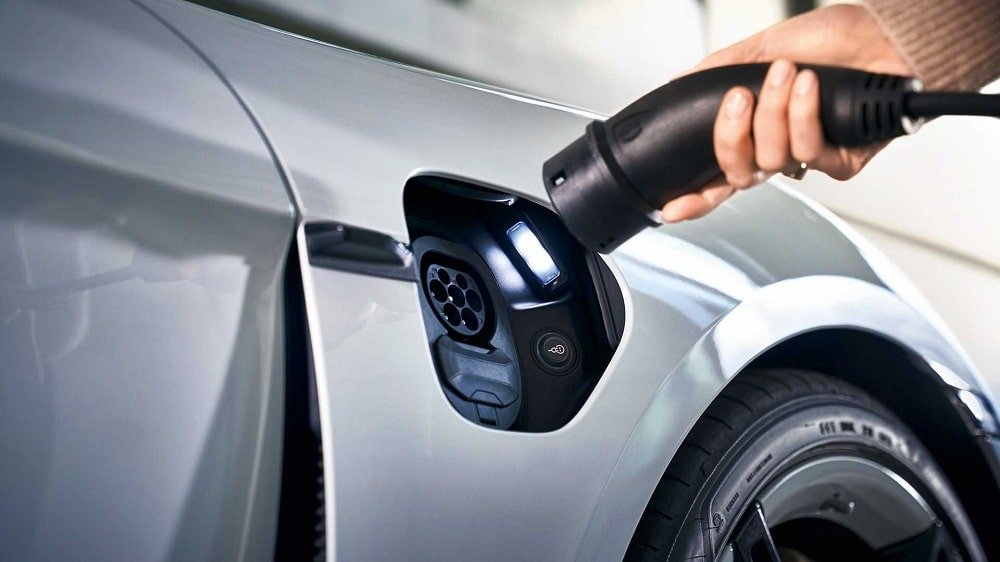Special Assistant to the Prime Minister (SAPM) on Industries and Production, Haroon Akhtar Khan, on Thursday unveiled the National Electric Vehicle (NEV) Policy 2025–30, describing it as a historic and transformative step toward Pakistan’s industrial, environmental, and energy reforms.
Speaking at a press conference alongside Secretary of the Ministry of Industries and Production Saif Anjum and Engineering Development Board CEO Engr. Khuda Bukhsh, Haroon emphasized that the new policy aligns with the Prime Minister’s vision of promoting clean, sustainable, and affordable transportation while boosting local industry and protecting the environment.
Highlighting the transport sector’s significant contribution to carbon emissions, Haroon stressed the urgent need for reform. “The EV policy supports Pakistan’s commitments under the Paris Agreement and strengthens efforts to reduce fossil fuel dependence and urban air pollution,” he said.
A key target of the policy is to ensure that 30 percent of all new vehicles sold in Pakistan by 2030 are electric. This shift is expected to save 2.07 billion liters of fuel annually, translating to nearly$1 billion in foreign exchange savings. Additionally, the policy aims to cut carbon emissions by 4.5 million tons and reduce healthcare-related costs by$405 million per year.
Currently, 61 licenses have been issued for manufacturing electric motorbikes and three-wheelers, with two licenses granted for electric vehicle production.
Haroon announced an initial subsidy allocation of Rs. 9 billion for the fiscal year 2025–26, facilitating 116,053 electric bikes and 3,171 electric rickshaws. Notably, 25 percent of this subsidy is reserved for women to promote safe, affordable, and eco-friendly mobility. Over the five-year program, the government plans to allocate more than Rs. 100 billion in subsidies, with a quarter reserved specifically for women to encourage inclusive access.
To ensure transparency, a fully digital platform has been introduced for online application, verification, and subsidy disbursement.
The policy also includes plans to install 40 new EV charging stations along motorways, spaced approximately 105 kilometers apart. It promotes battery swapping systems, vehicle-to-grid (V2G) schemes, and mandates the integration of EV charging points in new building codes to support urban adoption.
To boost local manufacturing, incentives will be provided to domestic producers. Currently, over 90 percent of parts for two- and three-wheelers are locally made. Special support packages will also be introduced for small and medium enterprises (SMEs) to enhance localization efforts.
The AIDEP tariff facility will continue until 2026 and will be gradually phased out by 2030.
Developed through consultations with over 60 experts, institutions, and industry stakeholders, the policy is overseen by a steering committee under the Ministry of Industries and Production, which will conduct monthly and quarterly reviews. The Auditor General of Pakistan will perform performance audits every six months.
Secretary Saif Anjum added that the government expects to save Rs. 833 billion over the next five years through the policy, including Rs. 174 billion from surplus power use, Rs. 105 billion from health and productivity gains, and Rs. 15 billion from reduced carbon emissions.
Haroon Akhtar Khan described the NEV Policy 2025–30 as not only an environmental revolution but also a foundation for industrial growth, job creation, energy efficiency, and technological self-reliance in Pakistan. He expressed hope that federal and provincial governments, the private sector, and citizens will collaborate to realize the vision of a clean, modern, and sustainable transport system.










